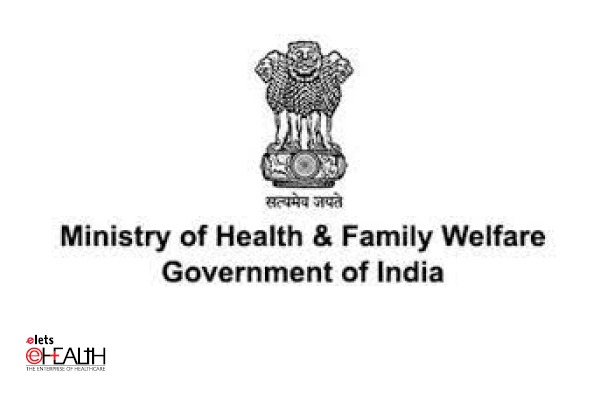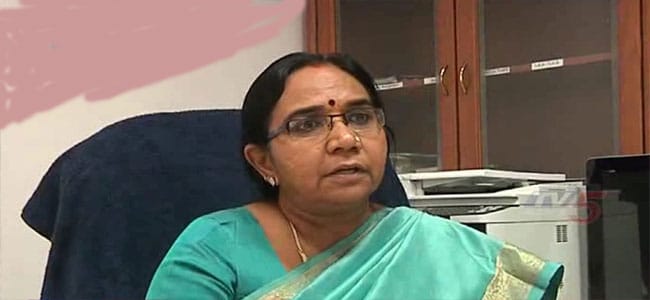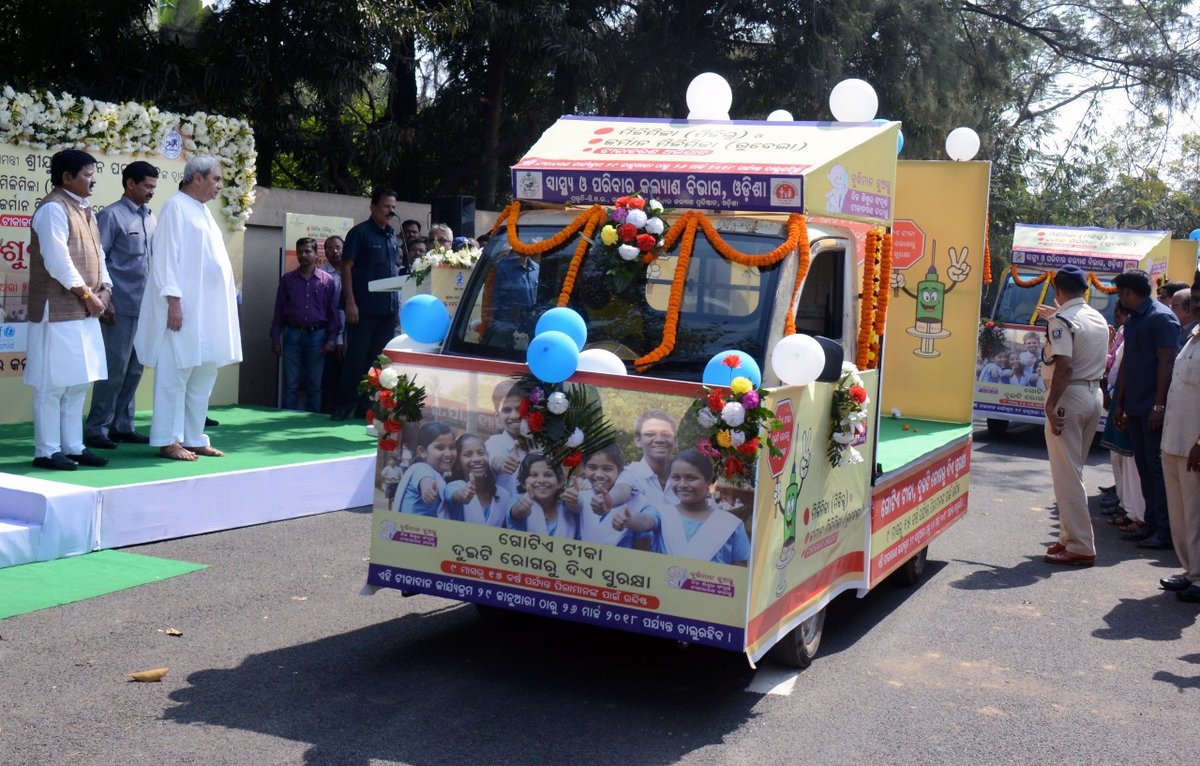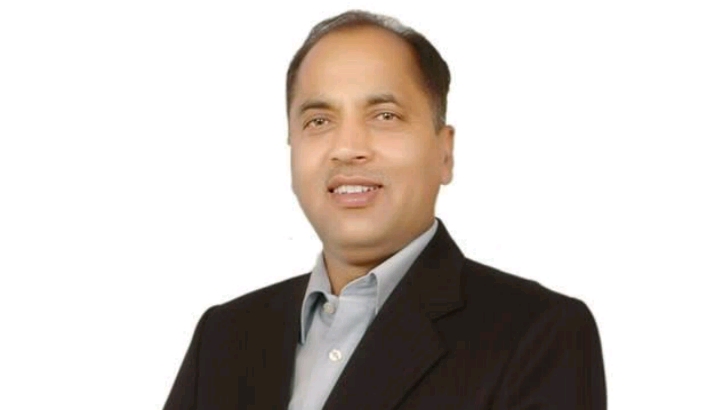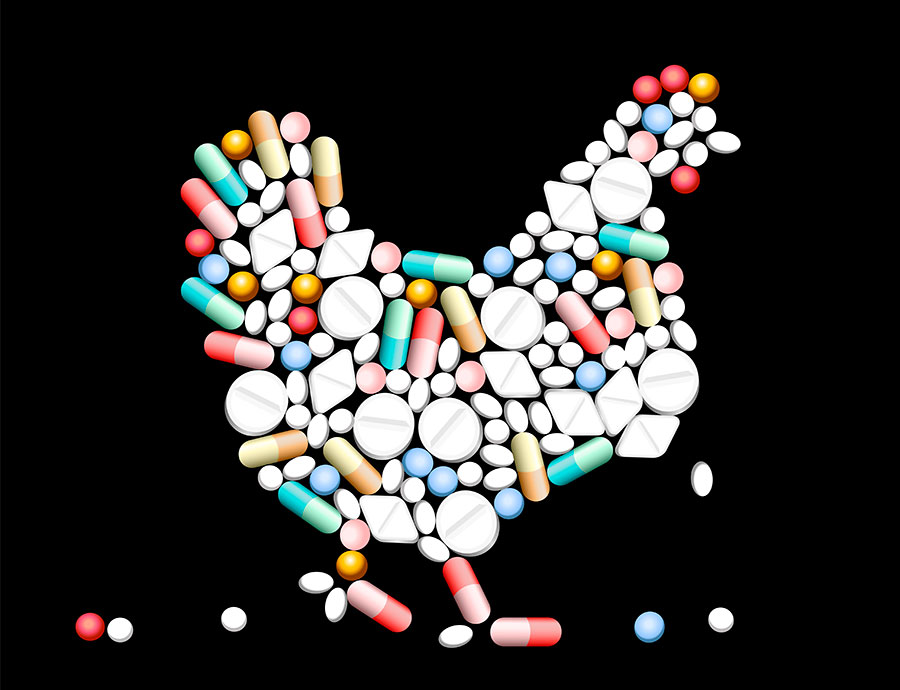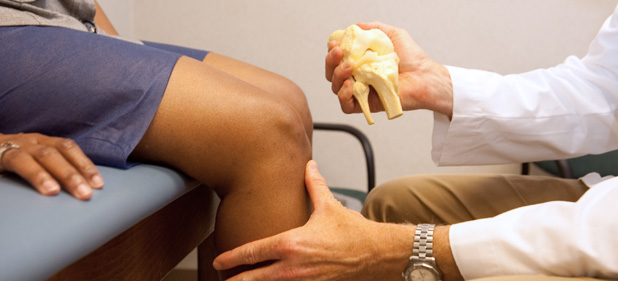

On the occasion of Organ Donation Day, Fortis Memorial Research Institute (FMRI) collaborated with the Delhi and Gurgaon Traffic Police to set up a Corridor of Life between the I.G.I Airport and the Fortis Memorial Research Institute, Gurgaon. The Green Corridor, will enable quick uninterrupted passage to airlifted organs meant for human transplant, and will go a long way in saving valuable lives. A test run providing uninterrupted privileged road access was carried out today, that cut transport time to 15.42 minutes for the 15.5 km run.
The test-run carried out by FMRI, Delhi & Gurgaon Traffic Police worked with clockwork precision because of the seamless coordination between the Hospital and the traffic police of Delhi and Gurgaon. The run started from I.G.I airport at 11 am and culminated at the Hospital, crossing four traffic signals, which were kept green to facilitate a speedy passage.
FMRI also conducted an online poll to gauge the readiness for a Green Corridor in the city. The survey revealed that 66% of the people who travel by road felt that Delhi-NCR is not yet adequately equipped to make Green Corridor a reality. However, 100% of the participants felt that it was the need of the hour and that they would not mind to wait for an ambulance to pass for organs to reach the hospital to save a valuable life. Of this, 60% respondents said that they were willing to wait for more than 30 minutes, if there was is such halt.

Speaking at the event Dr. Avnish Seth, Director Fortis Organ Retri and Transplant (FORT) said, The majority of organ donations in India are by living related donors, often involving considerable risk. Deceased donation following brain death can bridge the huge gap between the requirement and availability of organs in India. It is estimated that there is a need for more than 1, 75,000 kidneys, 100,000 livers, 50,000 hearts, and 20,000 lungs in a year. A robust deceased donor program could give many terminally ill patients a fresh lease of life. Fortis Organ Retri and Transplant endeavors to create awareness about the noble act of donating organs following brain death. We encourage individuals to pledge their organs during life and inform the family about their decision. Our well trained transplant coordinators counsel and assist families in exercising their choice about organ and tissue donation after the death of a loved one. FORT provides a 24- hour referral service for assistance with documentation and procedures related to organ and tissue donation.
Speaking on the occasion, Gurgaon police commissioner, Shri Alok Mittal said, Gurgaon is a medical hub today with many super specialty hospitals. Partnering in an initiative like this has helped us to understand the role of each stakeholder better. We wish to make Gurgaon a model city where such life-saving processes can be carried out seamlessly. The Gurgaon police actively works to support the community for such people friendly initiatives.
Dr. Dilpreet Brar, Regional Director, FMRI said, We want to replicate the success of our Green Corridor initiative at Fortis Malar Hospital in Chennai, where a heart was transported in 14 minutes at the hospital covering a distance of 12 kilometers, saving the life of a 21 year old girl. We recognize the importance of an efficient organ transport program in saving lives and want to work closely with key stakeholders who can enable this process and make this a reality in Delhi-NCR. The New Delhi and Gurgaon Police have been unwavering in their support to this cause and in organizing this dry run, thereby reinstating our faith that the actual process will be smooth and seamless.
Earlier this year, the police Commissioner and 70 senior police officials had pledged their organs at a workshop held at FMRI to raise awareness about organ donation.
Organ donation after brain death is a concept that is gradually gaining ground in India. In brain death, damage occurs to the brain because of stroke or head injury, the brain dies but the heart continues to beat for a few hours or days and the vital blood supply to the organs is maintained. Once the diagnosis of brain death is confirmed by the doctors and the family consents to donation, organs like kidneys, liver, heart, lungs, small intestine and pancreas, the organ can be retrieved and transplanted in needy recipients.
Be a part of Elets Collaborative Initiatives. Join Us for Upcoming Events and explore business opportunities. Like us on Facebook , connect with us on LinkedIn and follow us on Twitter , Instagram.


